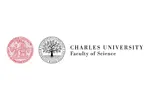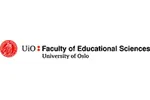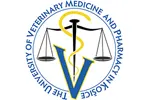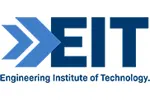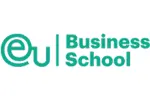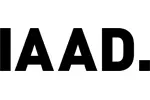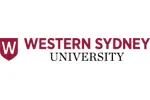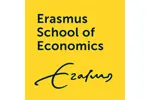The Faculty of Science is part of Charles University in Prague, the oldest university in Central Europe. Charles University was founded by Charles IV in 1348 and initially consisted of four faculties – the Faculty of Liberal Arts, Faculty of Theology, Faculty of Medicine and Faculty of Arts. The Faculty of Science, one of the largest, was established as the fifth faculty of the University on 24 June 1920. The Faculty of Science of Charles University consists of four specialised sections – Biology, Chemistry, Geography and Geology – and one interdisciplinary institution – the Institute for Environmental Studies.
The individual sections incorporate departments and research centres committed to research and education in their respective scientific fields. The Faculty also has three museums – the palaeontological Chlupáč Museum of Earth History, the Mineralogical Museum and the Hrdlička Museum of Anthropology. The Faculty also has a unique collection of historical maps and a renowned botanical garden with a geological park. All these facilities are open to both experts and the general public.
Graduates of the Faculty of Science are well prepared to conduct independent scientific work and receive a superb background for a successful international career. Thus, graduates from the Faculty make up a large part of the personnel at a number of research institutes of the Academy of Sciences, have become top ranking scientists at Czech regional universities and many of them pursue successful careers in companies and foreign organisations.


